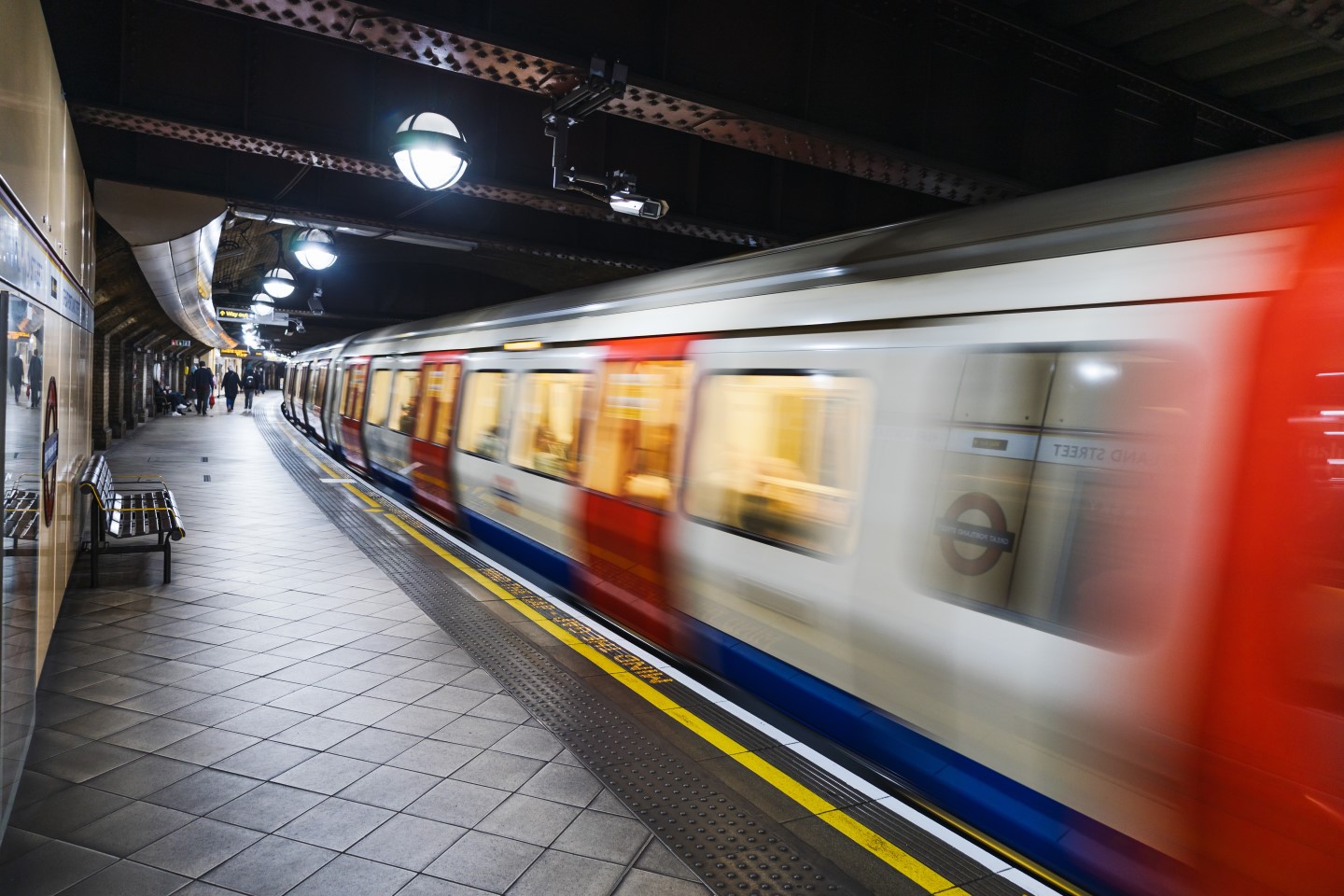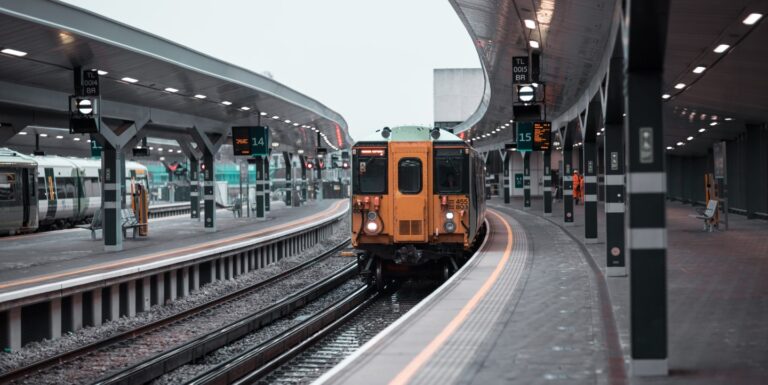
BBK Manifesto 2025: End the UK’s public transport accessibility gap
Despite decades of promises and policy frameworks, public transport in the UK remains frustratingly out of reach for many disabled travellers. Journeys can take far longer than they should and in some cases they are impossible. Our own research found that for a wheelchair user in London, a commute can take up to five times longer than for a non-disabled passenger.
That’s why BBK is calling on the Government to improve public transport accessibility in its Manifesto for Injured People.
Where we are
The Motability Foundation’s March 2022 report, The Transport Accessibility Gap, reveals that disabled people make 38% fewer trips than non-disabled individuals, a figure that has stubbornly remained unchanged for over a decade. The report also found that people with disabilities report two to three times more difficulties when travelling than others, and one in five said they were unable to travel at all because of the lack of appropriate transport.
Research by NCAT in 2024 adds further weight to these concerns, with 92% of disabled respondents reporting at least one barrier to using public transport. These range from inaccessible stations and vehicles to unreliable step-free access and insufficient staff support.
Meanwhile, MPs on the Transport Select Committee have described disabled people’s access to transport as a “national embarrassment”, with many avoiding journeys altogether because of the challenges they expect to face.
The human and economic cost
The reality of inaccessibility goes beyond inconvenience. A 2024 survey of disabled professionals found that half had declined job offers because of concerns over their commute. While infrastructure projects such as the Elizabeth Line in London have improved accessibility in some areas, the wider UK transport network remains inconsistent and incomplete.
What needs to change
First, there must be greater investment in accessible infrastructure. This means designing and upgrading transport networks with accessibility built in from the start, including reliable step-free routes, accessible station layouts, dependable lifts and ramps, and vehicles that meet the needs of all passengers.
Second, there should be stronger enforcement and accountability because current rights under the Equality Act 2010 are not consistently upheld.
Train operators are classed as ‘service providers’ under Part 3 of the Act, which means they have a legal duty to make “reasonable adjustments” (sections 20–21) so disabled people are not placed at a substantial disadvantage compared with others. This duty covers things like assistance with boarding and alighting, accessible information and ensuring policies do not indirectly exclude disabled travellers. Meanwhile the design of trains themselves is regulated separately under the Rail Vehicle Accessibility Regulations. A single, user-friendly complaints service and potentially a central enforcement body could help ensure transport providers meet their obligations.
Third, the UK needs a clear, funded, inclusive transport strategy with specific targets and deadlines. This should include full accessibility across the rail network and mandatory disability awareness training for all frontline transport staff.
Finally, accessibility improvements should not be limited to high-profile projects in major cities. London still has large sections of the Underground that are inaccessible, but many towns and rural areas lack even basic step-free access.
Why accessibility benefits everyone
Accessible public transport connects people to jobs, education, healthcare and social opportunities. It reduces isolation, promotes independence and creates a fairer society. The economic benefits are substantial, with estimates suggesting that closing the accessibility gap could add billions to the UK economy each year through greater participation in work and spending in local communities.
Everyone should be able to travel with dignity, safety and ease. Making public transport truly accessible is not just an aspiration but a necessity for an inclusive and prosperous society.
This blog is part of our 2025/26 Manifesto for Injured People. At Bolt Burdon Kemp, we support injured people not only by winning their cases but by driving change. Guided by our clients’ experiences and partnerships with charities across the UK, we are raising awareness of the change we need to see to better support injured people. We will continue working with politicians from all parties to ensure injured people’s needs are not overlooked in Westminster or beyond. You can read our full manifesto here.









